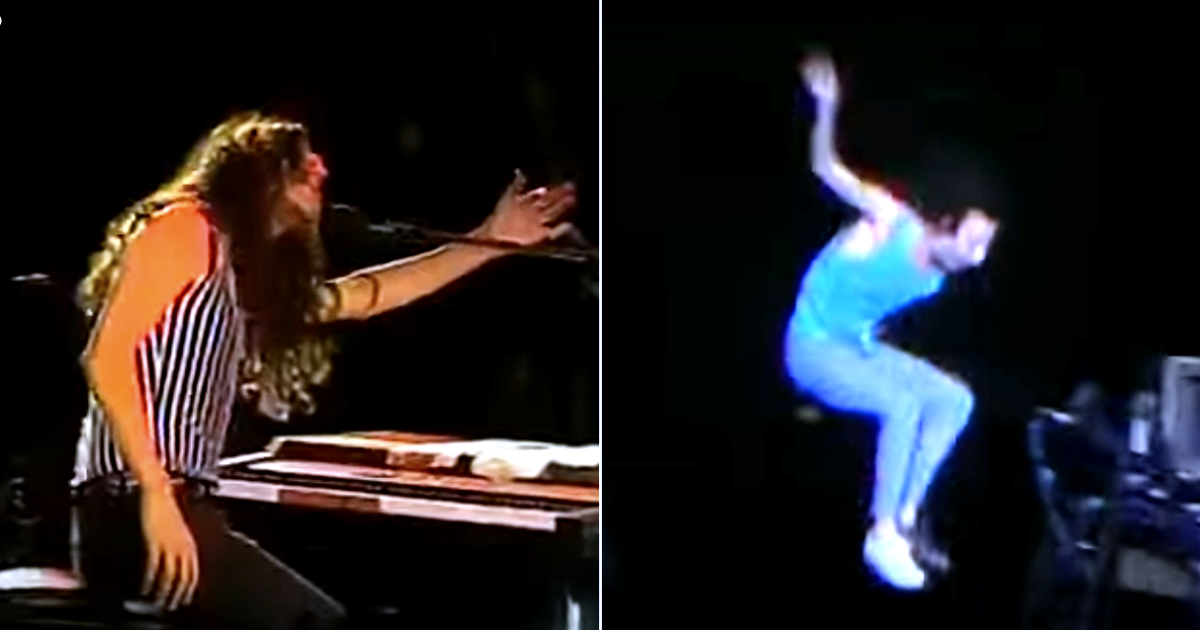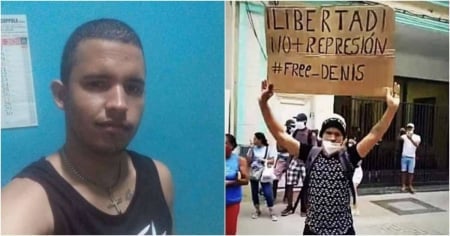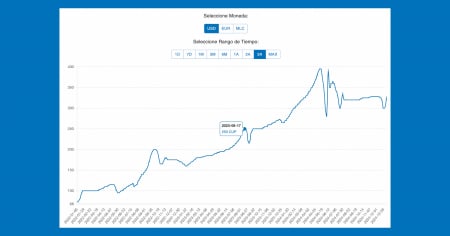
Related videos:
The Provincial Court of Havana dismissed the lawsuit filed by filmmaker Juan Pin Vilar against Canal Educativo, which showed his documentary "La Habana de Fito" without his consent.
The judicial decision sparked a wave of criticism in the Cuban cultural sector, led by the Assembly of Cuban Filmmakers, which in a statement deemed the ruling a disastrous precedent for copyright rights on the island.

The controversy began on June 10, 2023, when Canal Educativo aired the documentary, still in the post-production phase, during the program "Espectador Crítico."
This action was taken without the authorization of its director or producer Ricardo Figueredo. Although the work had been previously presented at the Havana Film Festival in New York as a working copy, its broadcast on national television was considered a violation of copyright by the artistic community.
Reactions from the Assembly of Cuban Filmmakers
In its statement, the Assembly of Filmmakers denounced the irregularities that occurred during the judicial process and strongly criticized the court's decision.
According to the document, the ruling violated the rights of all Cuban creators, who are now at risk of having their works used without their consent, even if these are unfinished.
Among other issues, the Assembly emphasized that:
1. Cuban Television aired the documentary during prime time without having the legal rights to the work, which belongs exclusively to its creators.
The court overlooked the fact that the documentary was shown in an unfinished version, which could harm its future distribution and participation in international festivals.
3. During the trial, the participation of experts and specialists proposed by the plaintiff was not allowed, and the court limited itself to hearing the representatives of Canal Educativo.
The ruling diminishes the concept of authorship in cinema, suggesting that a work in progress lacks legal protection, which sends a dangerous message to the artistic community.
A case that transcends the individual
The Assembly also noted that this ruling not only affects Juan Pin Vilar, but also undermines the legal system for protecting copyright in Cuba.
By legitimizing the unauthorized exhibition of artistic works, the court prioritized cultural institutions over the rights of creators, reinforcing a pattern of impunity that has characterized the relationship between the Cuban regime and the artistic community.
In its statement, the Assembly recalled that this is not an isolated incident. For more than six decades, cultural authorities have been accused of censorship, exclusion, and control over creative processes.
Recent cases of censorship in literature, theater, music, and film illustrate a bleak outlook for Cuban artists and their audiences, who face restricted access to diverse artistic expressions.
The origin of the conflict
The conflict escalated after Cuban Television aired "La Habana de Fito" without prior notice in its programming.
According to the statement from the Assembly, this decision was made in response to “superior orders” from the ICAIC and MINCULT, particularly mentioning the deputy minister Fernando Rojas, and was executed hastily, without adhering to the legal and ethical procedures that govern the film industry.
Juan Pin Vilar, who had authorized a special screening of the documentary in New York, emphasized that this presentation did not equate to a commercial premiere.
On that occasion, the director accompanied the screening with a recorded message in which he explained the unfinished nature of the work. However, Cuban cultural authorities used that precedent to justify its exhibition on the Canal Educativo.
Consequences and a Call to Reflection
The Assembly of Filmmakers has called on the artistic community and civil society to reflect on the implications of this ruling. According to the group, the court's decision not only reinforces an insufficient legal framework but also sends a clear message regarding the lack of guarantees for artists in Cuba.
In the words of the Assembly: “Impunity becomes law when institutional interests prevail over the fundamental rights of creators. This decision not only harms an artist but also damages the cultural fabric of the nation.”
The case of "La Habana de Fito" has been widely debated since its inception. In June 2023, dozens of filmmakers and actors signed a declaration of protest against the unauthorized screening of the documentary, while the singer-songwriter Fito Páez showed his support for the director on social media.
In addition, the episode prompted the reactivation of the Filmmakers' Assembly under a new structure, strengthening its role as an advocate for artists' rights in a context of increasing censorship.
With this judicial ruling, the outlook for Cuban creators becomes even more uncertain as the debate continues regarding copyright protection and creative freedom on the island.
Filed under:





